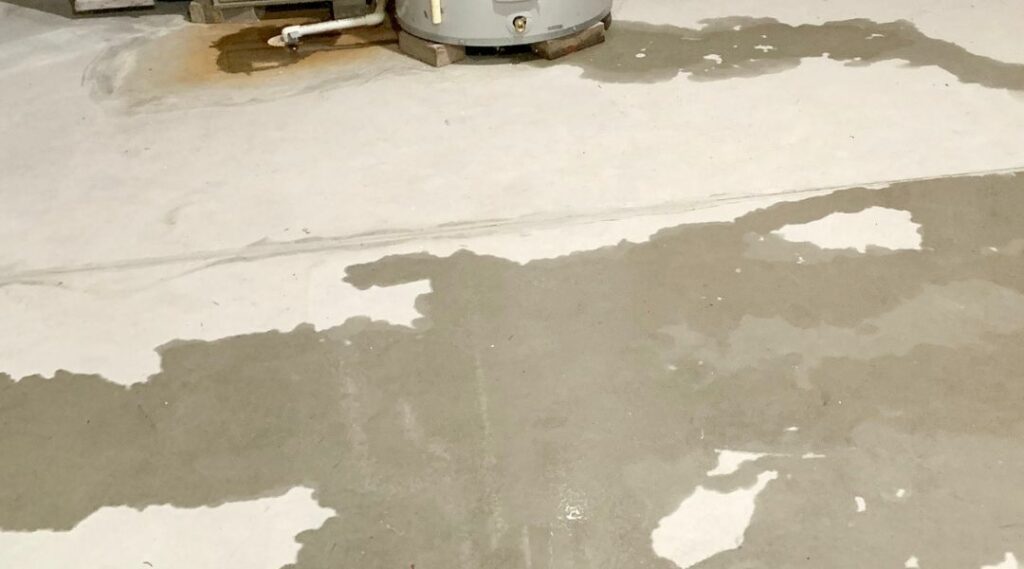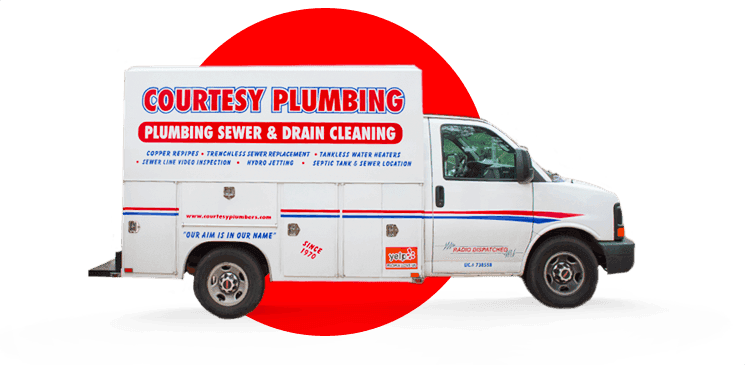With some easy steps, you can prevent slab leaks. Protecting your pipes from corrosion and damage is simpler than you might think. Stay alert to changes in your plumbing system.
Schedule regular check-ups to detect problems early that could cause slab leaks. However, shifts in the earth beneath your home are hard to manage, so reducing pipe corrosion is doable—even indispensable—for maintaining a sturdy foundation free from mold issues. For professional help, consider trenchless repair by skilled plumbers; it’s cost-effective compared to the alternative expenses related to extensive foundational harm.
Detecting Early Signs of Slab Leaks
You must watch your pipes closely to catch slab leaks early. Look for signs like sudden spikes in water bills, sounds of running water when taps are off, or damp spots on floors. These leaks often stem from pipe corrosion or shifts in the ground beneath your home—though perfect pipes hardly ever leak without cause.
Regular checks help prevent minor issues before they become costly. If you hear banging noises as you turn off a faucet, that’s terrible news! It suggests high pressure is straining your plumbing; adjust it down promptly to avoid damage.
Insulate exposed piping if moisture appears around them; this guards against corrosive sweating. Test the pH level of your water, too—aim for neutral “7”. Extremes can eat away at metal lines over time, necessitating repairs, which, while expensive now, may save much more later by preventing destructive foundation issues and mold outbreaks.
Look for trouble—it might just save your home’s integrity.
Maintaining Plumbing to Avoid Disasters
Focus on the pipes beneath your home to shield it from slab leaks. Homes with copper plumbing, particularly those built before 1970, may face corrosion risks due to acidic soil or direct contact between copper and earth. This calls for regular check-ups by a plumber who can spot early pipe wear or damage.
Poor construction—poorly joined or bent pipes—at installation increases leak chances; be sure professional plumbers handle any needed work. Also crucial is safeguarding against abrasion from temperature-induced expansion and contraction of hot water lines that rub against concrete. Lastly, beware of external pressures like shifting ground after heavy rainfalls—they test your piping strength over time.
Expert maintenance mitigates these threats significantly through annual inspections and proper pressure management in your system’s setup—a smart move for every homeowner keen on keeping their foundation dry and intact.
Proactive Measures for Leak Prevention
Cut right to the core of it—your home’s groundwork demands vigilance. Poor pipe work, shaky soil, and unique dirt can spell trouble. These factors stress water lines beneath your slab, especially in older dwellings with copper or steel pipes vulnerable to decay from the earth’s metals.
Look out for signs—a jump in your water bill could be a leak! Do you feel spots warmer or colder on the floor? It could be a giveaway.
Don’t let dampness seep unnoticed, either. It gnaws at foundations silently until floors buckle under strain. If ignored too long, it’s severe damage waiting to happen, hitting pocketbooks hard. Trustworthy plumbers like Courtesy Plumbing use savvy tech to tackle these hidden hazards head-on. Their tools sniff out leaks before they balloon into disasters.
Keep a close watch on your water bill, as changes can signal leaks. Ensure proper drainage around your home to prevent slab shifts. Avoid chemical drain cleaners that corrode pipes over time.
Regularly check for signs of moisture or mildew under carpets and floors—telltale indicators of hidden leaks. Use a professional from Courtesy Plumbing for routine checks; their expertise is priceless in safeguarding your home’s foundation against costly slab leak damage. Stay vigilant, act swiftly at the first sign of trouble, and trust skilled plumbers to maintain your peace of mind.



